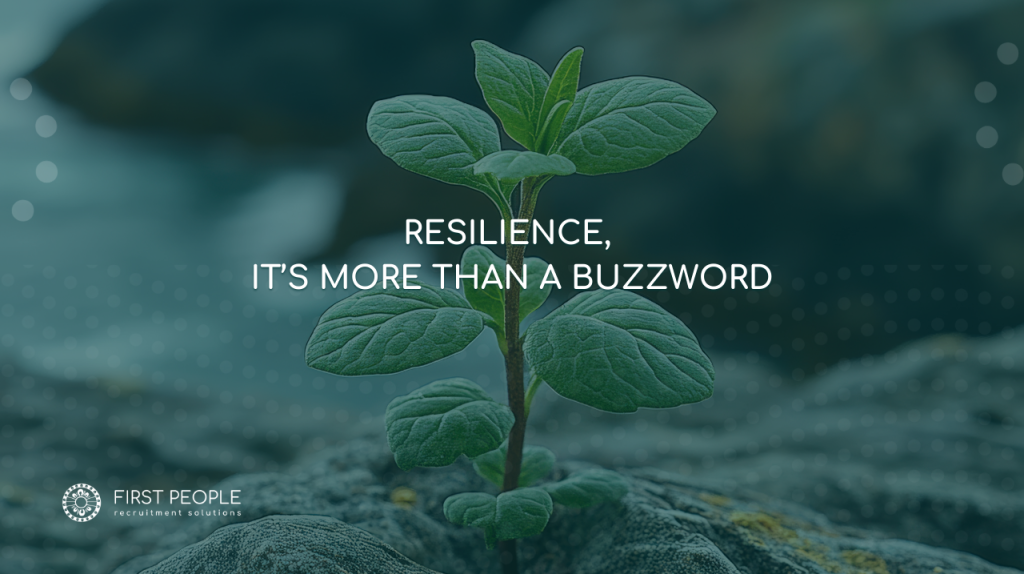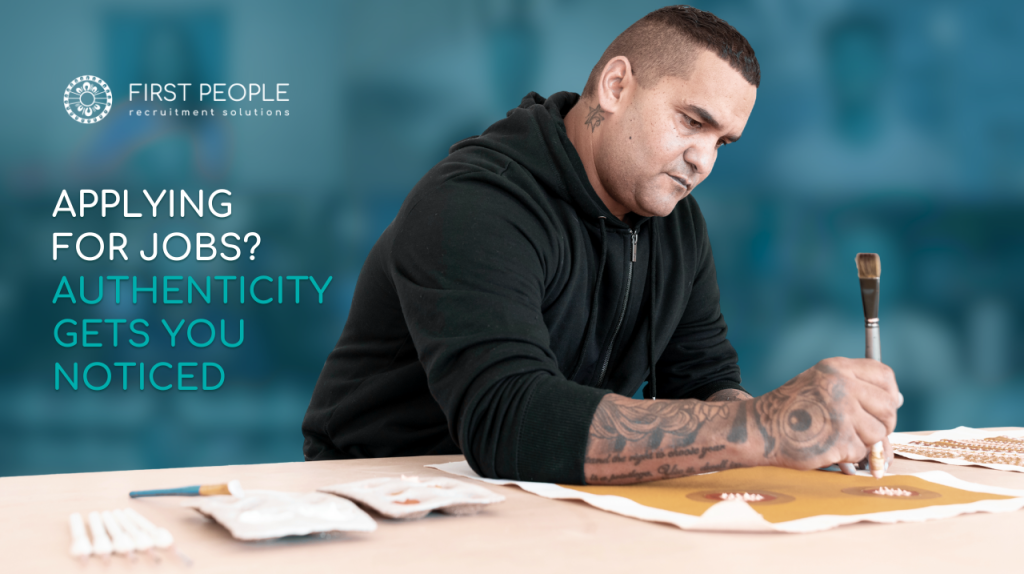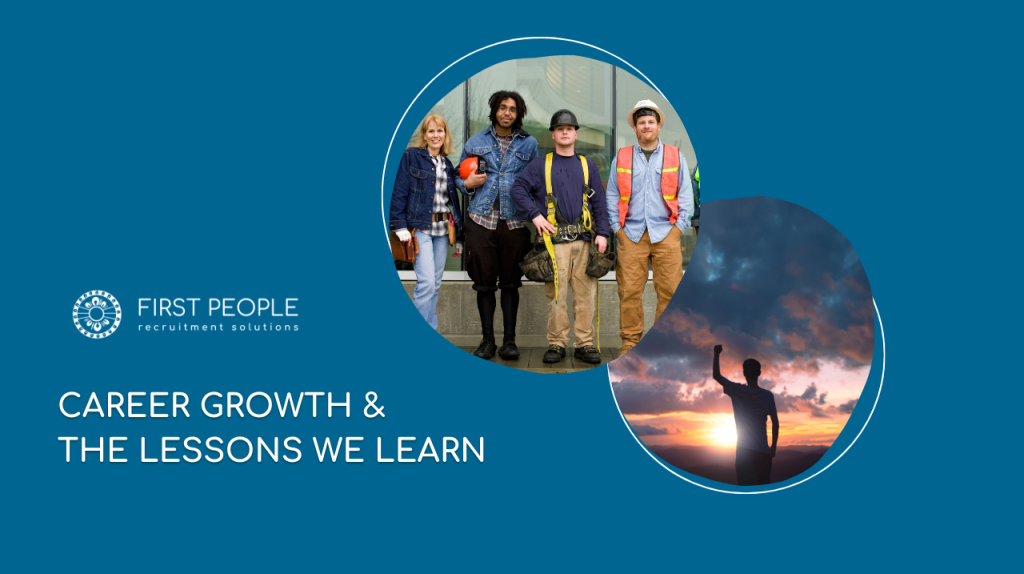It’s no secret that the job market is tight. Applications pile up fast, competition is fierce, and the pressure to perform can leave even the most seasoned professionals questioning where they fit. When hiring slows and rejection emails outpace interview calls, it’s easy to feel like you’re losing momentum. But behind the noise of competition lies a deeper question: how do we stay seen, steady, and strong without losing ourselves?
Job searching isn’t just about chasing opportunities—it’s about being recognised for who you are and what you bring. And in a world that often overlooks cultural strength and quiet leadership, the real challenge isn’t just standing out—it’s doing so in a way that feels authentic, aligned, and sustainable.
Here are four grounded ways to navigate this competitive landscape—without letting the pressure shake your sense of self.
- Show the Impact, Not Just the Role
Listing your job titles is easy. But showing what you’ve changed? That’s where your story comes to life.
Recruiters today are flooded with applications. The difference often comes down to one question: “Did this person make a difference?” Whether it was improving a team process, leading a project, or bringing cultural knowledge into a decision-making space—these are the outcomes that count. Think of your resume as a story of contribution, not just chronology. When you show how your work created real results, you’re already one step ahead. - Let Your Online Presence Reflect Your Voice
Your resume opens the door—but your digital footprint often decides whether you’re invited in. It’s not about being flashy. It’s about being clear.
Updating your LinkedIn, sharing insights, or simply engaging with content in your field can leave a trail of thoughtfulness that hiring managers notice. For many culturally diverse job seekers, this is also an opportunity to reflect your values and vision in spaces that often miss our voices. What you comment on, what you follow, and what you share—these things matter. They quietly shape how people see your leadership. - Connections Create Momentum
There’s power in community—and in this market, it’s one of the strongest tools job seekers can use.
Referrals aren’t just about who you know. They’re about who knows you and the value you bring. Building and nurturing professional relationships—especially across sectors and within culturally aligned networks—can open doors that algorithms won’t. Conversations lead to opportunities, and relationships lead to trust. Whether it’s through alumni circles, cultural events, or professional networks, connection has always been a path forward. - Prepare With Presence
Every interview is a chance to offer more than just answers. It’s a chance to show clarity, care, and cultural confidence.
Preparation isn’t about memorising scripts—it’s about grounding yourself in your story. Reflect on the strengths you carry, the challenges you’ve overcome, and the way you show up for your teams and communities. Practising out loud, reviewing common questions, and gathering feedback from peers can sharpen your delivery without losing your authenticity. And remember—soft skills like empathy, adaptability, and self-awareness are in high demand. These are already strengths in our communities. Don’t be afraid to lead with them. This moment in the job market is tough—but it’s not permanent. The goal isn’t just to get hired. It’s to be seen for who you are, and to land in a place where your values, your skills, and your story are truly respected. Standing out isn’t about being louder than the rest. It’s about standing firm—in who you are, what you’ve lived, and what you’re here to contribute.



